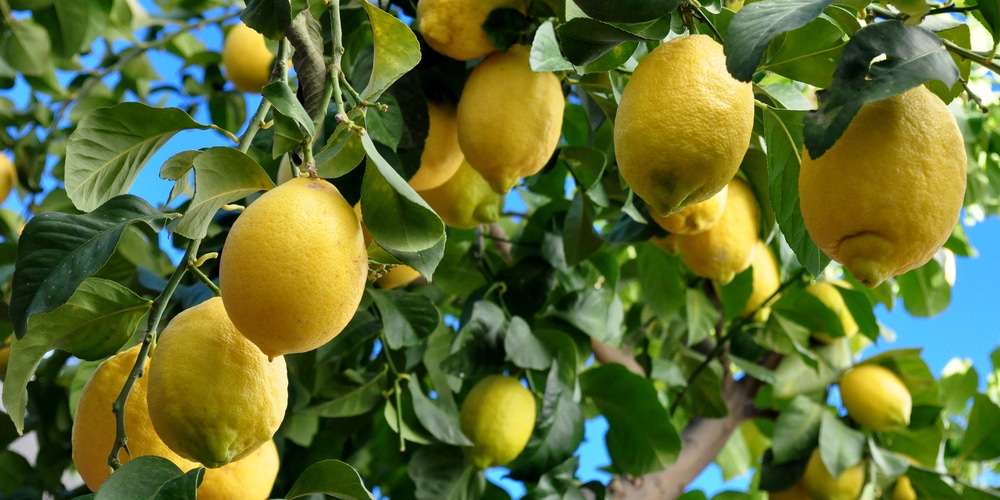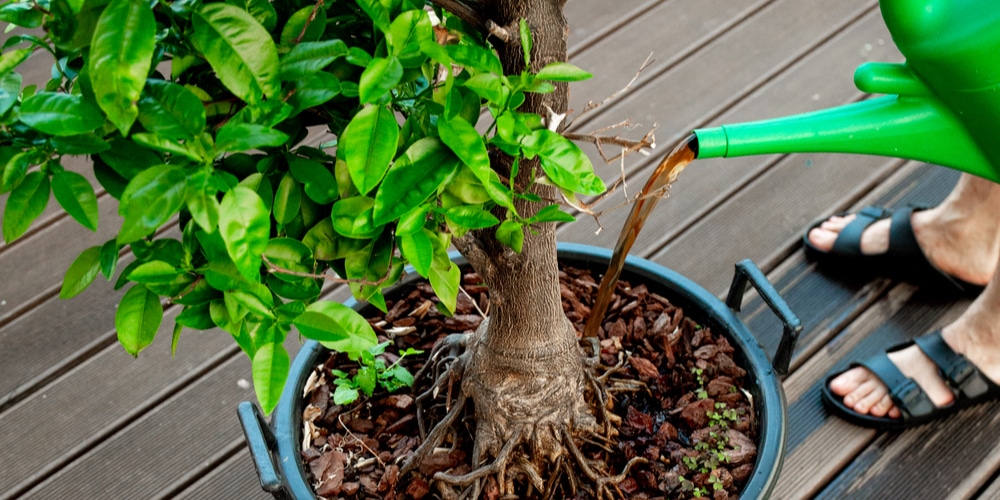If you are an enthusiastic fruit gardener, you have no reason not to plant lemon trees in your garden. Lemon trees are relatively resilient, they can also face growth challenges making them die early. This article will cover the causes of dyeing in lemon trees and a step-by-step guide on how to revive a lemon tree.
How to revive a lemon tree

Lemons are nutritious citrus fruits that add significant value to the body when eaten raw or used as a spice in a meal. A single piece of lemon can add a citrus flavor to your entire meal, and that is what most people will rarely forget to purchase lemons from the grocery store.
You may consider the below steps to revive your dying lemon tree
Step 1: Identify the cause of the problem
The first step you will take if you want to revive dying lemon trees is to identify why they are dying. Otherwise, you may not be able to help a plant if you don’t know what is affecting it.
Be keen to determine if the problem is underwatering, overwatering, poor growing conditions, diseases, or lack of nutrients. This way, you will easily determine the type of treatment to give your lemon tree to thrive again.
Step 2: Handle the identified problem independently
Check out for symptoms on your lemon tree and cross-check on the possibilities of being affected by a specific identifiable issue. Figure out what the problem is and find out the best solutions.
Obviously, you do not want to add nitrogen-based fertilizer to your lemons if the problem is overwatering. If you believe that your tree has several deficiencies or problems based on the symptoms, treat each independently if you want your lemon tree to revive faster and more robust.
Step 3: Try out the possible solutions
After you have identified the potential issues affecting your lemon tree, the last step is to try to fix the problem. Start with the least invasive solution and go up to the most invasive solution.
For example, watering a drying plant is much easier than replanting it in a place with moist soil.
If the first solution doesn’t fix the issue, keep trying new solutions until one works out effectively.
However, before going for an alternative solution, you will need to go back to the first step to check if you had missed out on one symptom that could give a lead on which solution works best.
What causes lemon trees to dry and die
Lemon trees will dry out, drop their leaves and die off because of the reasons below.
1. Poor growing environment
Lemon trees grow well under certain conditions that favor them to grow healthy and mature quickly. Prepare a loose raised bed of loamy soil and plant there your lemon tree.
Loam soils are the best as they give roots ample space to spread and grow properly. For sunlight requirements, plant lemon trees at a place where they can receive at least six hours of sunlight every day.
When lemon trees are planted in an area with poor soil drainage and do not receive adequate sunlight, they will dry and die if the condition is not addressed on time.
2. Over and underwatering
Lemon trees require water to thrive, and that is why it is advisable to water the trees at regular intervals. Underwatering dehydrates the lemon tree while overwatering makes the soil waterlogged and the roots unable to get adequate air.
Water the lemon trees regularly, but don’t soak the soil as too much water will be dangerous to the plant. You can mulch around the base of the plant to regulate soil warmth and moisture.
3. Inadequate nutrients supply
Nutrients like nitrogen are vital for the growth, foliage, and general health of the tree. Nitrogen deficiency is the most common nutrient deficiency in most trees.
When the leaves of the lemon tree start turning yellow and falling off, it is a clear indicator that the trees lack nitrogen. If the condition persists, it can lead to complete leaf loss.
How to revive a lemon tree: Conclusion
Always stay persistent if you are determined to revive your plants.
Keep on reexamining the dying lemon tree to identify why it is dying and put all possible solutions to help it grow stronger and healthier.
Even though they take some time to grow, mature, and produce fruits, with good care, a lemon tree can produce large amounts of juicy ripe lemons that you will enjoy incorporating into your daily meals.
Related Article: Can Lemon Trees Grow in Ohio?
